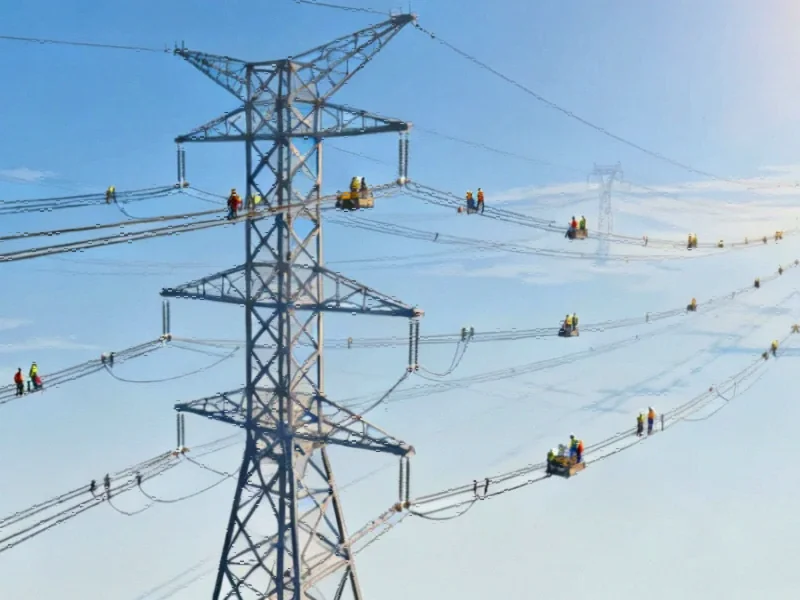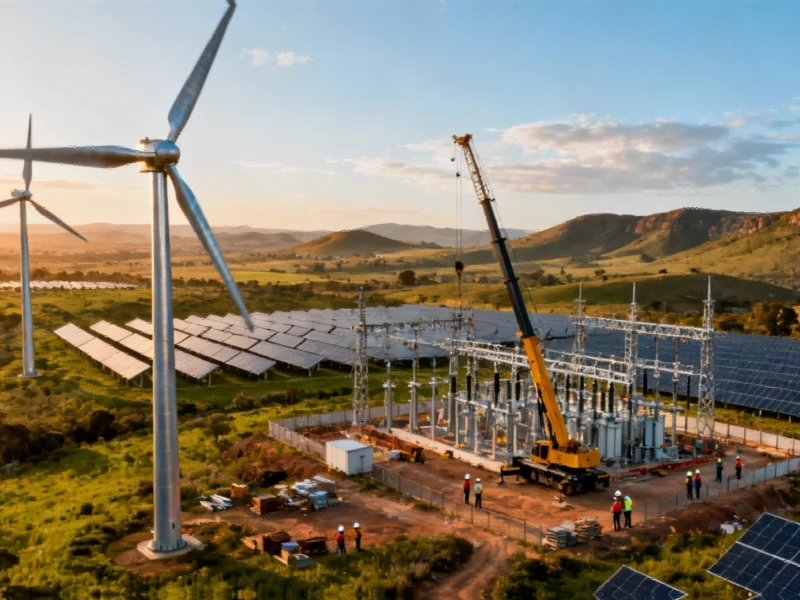The Unlikely Birth of an Energy Software Giant
When Amir Orad experienced firsthand the frustrating complexity of modern energy systems through his own home billing issues in upstate New York, he discovered what would become a multi-billion dollar opportunity. The CEO of Kraken Technologies endured conversations with nine different utility teams covering everything from smart meters to electric vehicles before finding resolution. This customer experience nightmare revealed the massive gap in the energy market that Kraken would eventually fill.
Table of Contents
From Mythical Monster to Market Dominator
Kraken Technologies, named after the legendary Scandinavian sea monster, has emerged as perhaps the most significant British technology startup of the past decade. What began as an internal platform for Octopus Energy has grown into a software behemoth that now surpasses its parent company’s retail energy business in value, despite Octopus having overtaken British Gas this year to dominate the UK household energy market.
The platform’s rapid ascent highlights how software has become the true value driver in the energy sector. While Octopus generated £8 billion in revenue last year, Kraken’s “software as a service” model commands far higher margins and greater investor appeal. Recent UBS analysis estimates Kraken represents approximately $9 billion of Octopus’s total $15 billion enterprise value.
Why Britain Became the Breeding Ground
The UK’s competitive energy market structure provided the perfect incubation environment for Kraken’s growth. Unlike the United States, where most states rely on regulated monopolies, Britain actively encouraged competition and innovation in energy supply. This competitive pressure, combined with the country’s rapid transition toward renewable energy sources, created the ideal conditions for a comprehensive energy management platform.
“The UK rewards innovation in energy and the US is the opposite,” Orad observed, highlighting how regulatory differences shaped Kraken’s development. The platform emerged just as energy markets were becoming increasingly fragmented, with electricity prices fluctuating throughout the day based on renewable supply variations and more customers generating their own power through solar panels and electric vehicles.
The Platform That’s Reshaping Global Energy
Kraken’s comprehensive approach integrates everything from billing and customer service to electric vehicle charging and renewable energy management. The platform now serves more than 70 million households and businesses worldwide, processing an astonishing 15 billion new data points daily. Its client roster includes major international energy companies like Australia’s Origin Energy and Japan’s Tokyo Gas.
As Orad describes it, the energy industry is “going through more physical disruption than in 100 years,” and Kraken has positioned itself at the center of this transformation. The platform’s ability to manage complexity at scale has become increasingly valuable as energy systems grow more distributed and dynamic.
Navigating the Spin-off and Future Challenges
Octopus’s recent decision to spin off Kraken Technologies into a separate company raises important strategic questions for both entities. While smaller UK energy suppliers have struggled or failed (Octopus absorbed over 1.5 million customers from collapsed provider Bulb in 2022), Kraken has provided crucial financial stability and growth potential., as additional insights
Greg Jackson, Octopus’s founder and CEO, has addressed concerns by ensuring the parent company will maintain a stake in Kraken post-spin-off. This arrangement preserves the financial benefits while allowing Kraken to pursue its own growth trajectory, potentially through an IPO in London or New York within the next two years.
The Transatlantic Identity Question
As Kraken expands globally, its corporate identity faces natural tensions. With Orad based in New York and the recruitment of US software executives like Tim Wan from Asana as chief financial officer, American influence is growing. Orad acknowledges that Kraken will “de facto become dual headquartered,” leveraging US technology talent and scaling expertise.
However, he emphasizes that London will remain the primary hub, noting that the US market might represent at most “a quarter or a third of our business.” With Kraken’s only major US client currently being National Grid in New York and Massachusetts, and more growth opportunities existing outside American borders, the company maintains its British roots while building global capabilities.
The Coming Public Offering Dilemma
The looming question of where Kraken will eventually list—London, New York, or potentially both—highlights broader tensions in the global technology landscape. The decision will signal much about where the company sees its future and which market can best support its ambitious growth plans.
As Orad pragmatically notes about maintaining operations on both sides of the Atlantic, “I can have both. Why do I need to choose?” This balanced approach may serve Kraken well as it navigates the complex process of going public while continuing to expand its reach across global energy markets.
The energy software leviathan that emerged from London’s competitive energy market now faces the challenge of maintaining its innovative edge while scaling globally. How it navigates these waters will determine whether Kraken can maintain its dominance as competitors like Ovo Energy’s Kaluza platform seek to replicate its success.
Related Articles You May Find Interesting
- Oracle Cloud’s A4 Instances Elevate Arm Server Competition with AmpereOne M Proc
- Beyond Software: The Untapped AI Gold Rush in Biology and Healthcare
- Microsoft’s Cryptographic Shift Sparks Enterprise Chaos: When Security Updates B
- Oracle’s A4 Instances Mark Strategic Shift with AmpereOne M CPUs Amid Industry C
- Unseen Invaders: How Microplastics Could Be Reshaping Brain Health and Vascular
This article aggregates information from publicly available sources. All trademarks and copyrights belong to their respective owners.
Note: Featured image is for illustrative purposes only and does not represent any specific product, service, or entity mentioned in this article.



